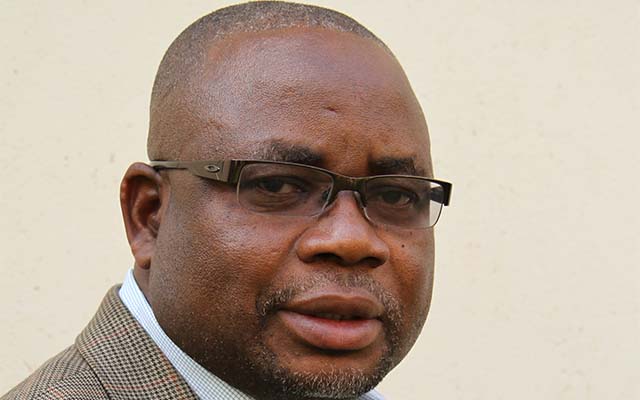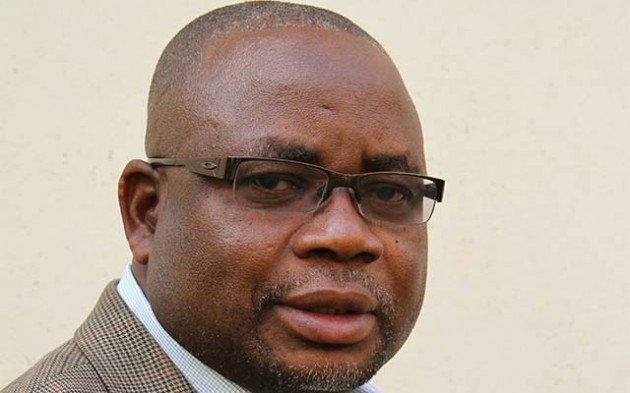National Building Fund for schools on cards

Sydney Kawadza and Walter Mswazie
Schoolchildren will start contributing at least five percent of their levies towards the National Schools Building Fund (NSBF) starting from next year. Government is currently engaged in setting up the legal framework that will underpin the levy, Primary and Secondary Education Deputy Minister Professor Paul Mavima has said.
Addressing Zimbabwe Building Contractors Association (ZBCA) conference at the Great Zimbabwe Hotel in Masvingo on Wednesday, Professor Mavima said the fund is expected to boost schools construction across Zimbabwe. Deputy Minister Mavhima said Government was grappling with a critical shortage of schools, with many pupils being forced to learn from satellite schools. In an interview with The Herald, Deputy Minister Mavima said there was need for legal statutes to enable Government to introduce the levy in schools. Government has already appointed the Infrastructural Development Bank of Zimbabwe as the financial advisor.
“They are already in the process of appointing a technical advisor right now, so we are pushing along and, barring the legal framework, almost everything else is in order now.”
Government is confident that the enabling legal framework will help funding partners to fully commit to the planned infrastructure projects. In his address during the ZBCA conference, Deputy Minister Mavima said NSBF, which is similarly modeled to the Aids Levy, will help in covering the resource gap that currently exists. Zimbabwe has a deficit of 1 252 primary and 804 secondary schools.
Government is trying to invite foreign firms to get involved in building new learning institutions. According to Professor Mavima, Government is struggling to build more schools that will cater for the growing learners’ population due to limited fiscal space. Prof Mavima said it was high time Government adopted the building fund concept, which will see pupils paying towards the levies.
“Under the fund, pupils will be asked to pay at least five percent of their levies to the NBF. This has worked in a number of other African countries and the Ministry of Health and Child Care has done the same with the Aids Levy,” he said.
Prof Mavima said Government grants were not adequate. “Schools receive between $4 000 and $6000 per year for infrastructural development from Government but the release takes longer . . . “We are calling for the adoption of NBF, over and above the $20 million loan from the OPEC Fund for International Development,” he said.
Under the OFID loan facility, Government will build 17 world-class primary and secondary schools starting January next year. Professor Mavima said Government was pushing for world-class schools with amenities such as sporting facilities, laboratories, relevant equipment, furniture and standard teachers’ houses.
At least 12 primary schools and five secondary schools will be built under the grant. The schools are expected to be built in Mashonaland West at Sadoma Extension, Chehamba, Battlefields and Tavoy. In Midlands, the anticipated beneficiaries will be in Budiriro and Neta in Mberengwa District. In Mashonaland Central, the project will include areas such as Tengenenge, Claverhill, Belgonie, while in Masvingo construction will be at Chingwizi and Nyuni.






Comments